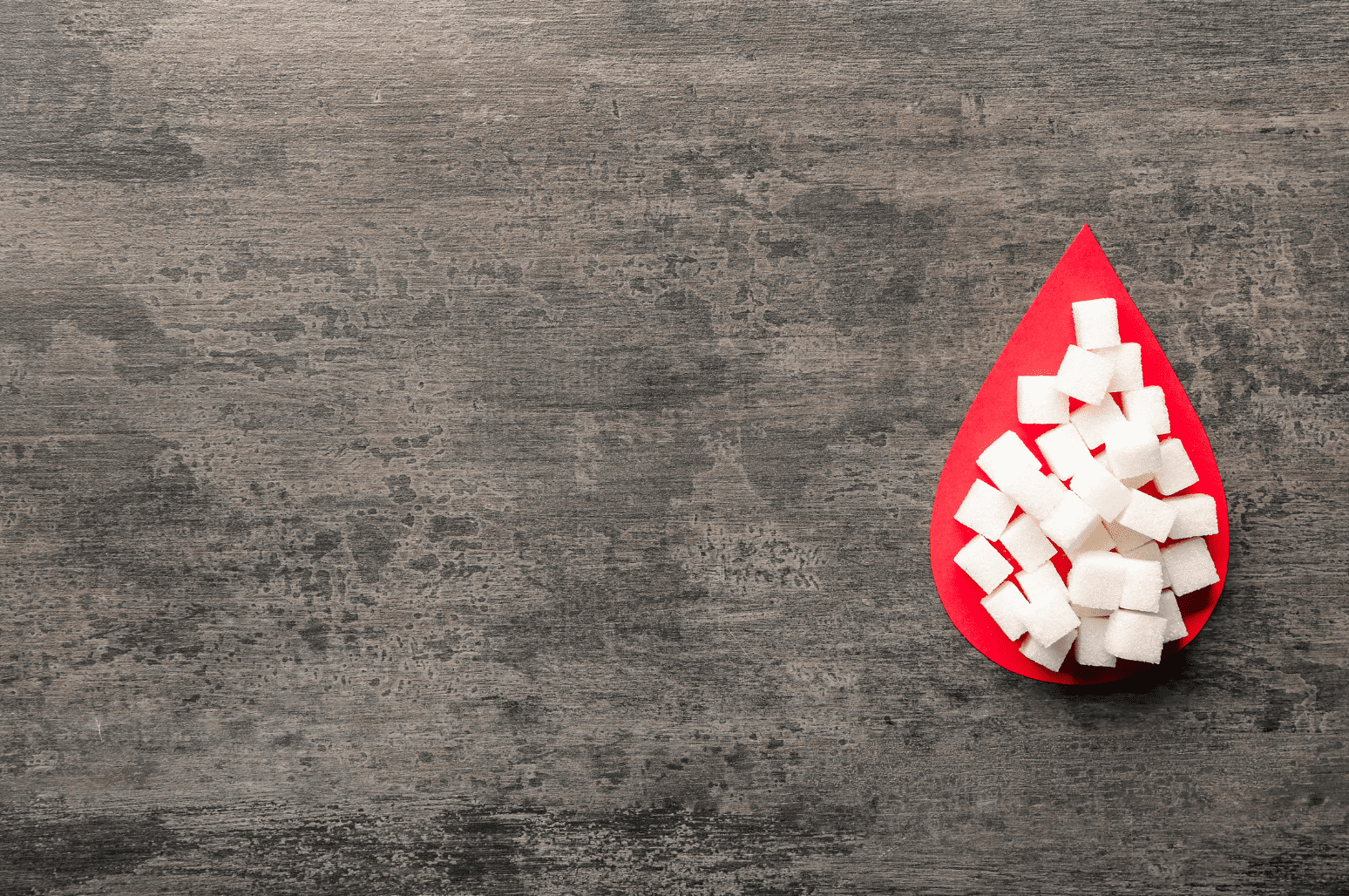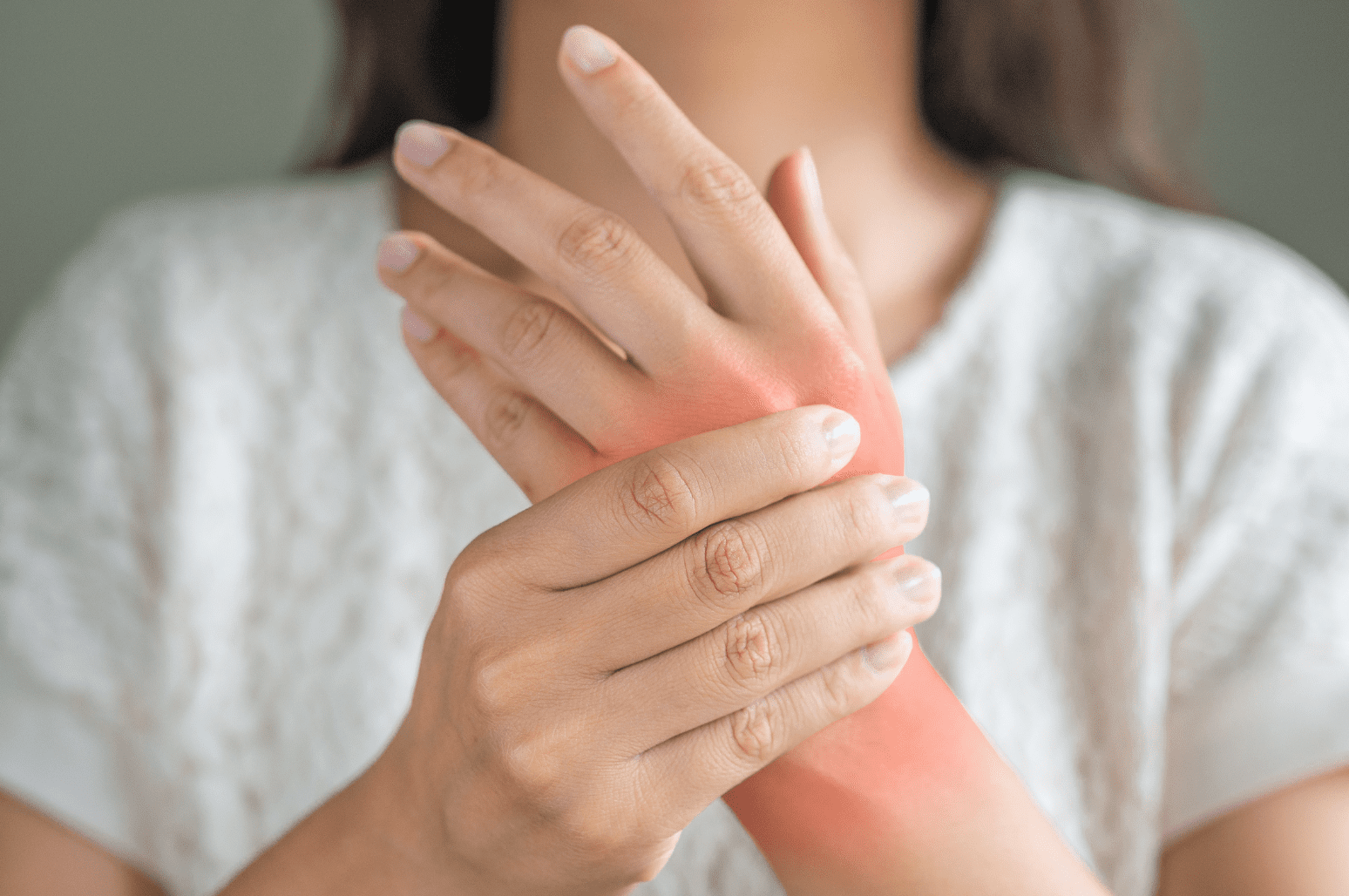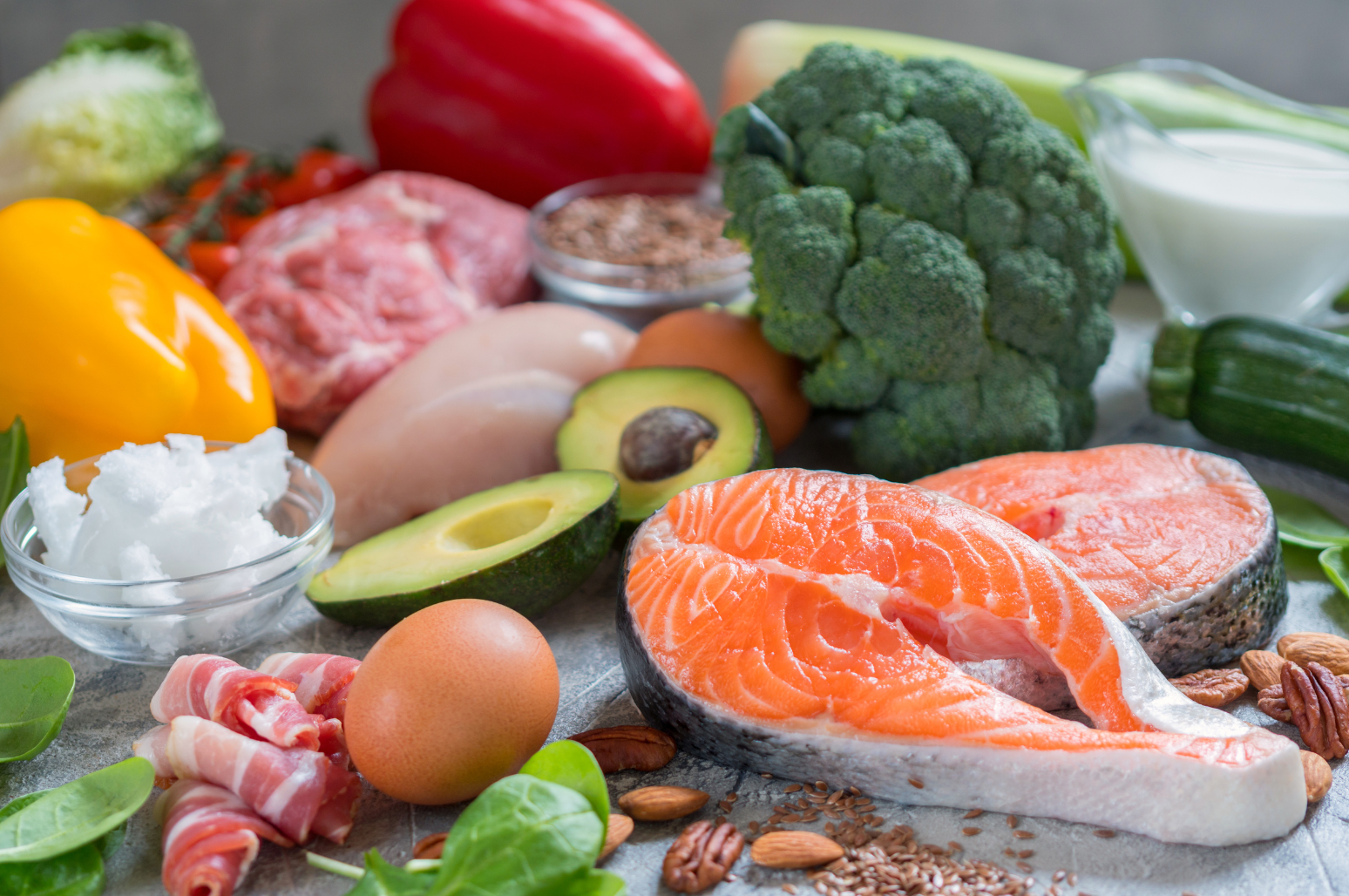Keto and TRT (Testosterone Replacement Therapy): How They Complement Each Other

You won’t always hear about people combining keto and TRT. In many cases, the keto diet is followed for weight loss and blood sugar control while TRT (testosterone replacement therapy) is prescribed to men, and to some women during menopause, who are struggling with abnormally low testosterone levels.
Keto and TRT may look like two separate topics, but, as it turns out, someone who’s on testosterone replacement can actually use the keto diet to maximize their results and reduce the likelihood of health issues caused by low testosterone.
Read on as we’ll explore whether keto is beneficial for testosterone, how testosterone therapy works, and why keto as a lifestyle change can be a good addition to hormone replacement.
Is the Keto Diet Good for Testosterone?
A low-carb, high-fat keto diet can improve testosterone as shown in a randomized controlled trial. In this study, college males were divided into 2 groups—one that followed a keto diet and the other that followed a traditional Western diet. Both groups participated in a resistance training program. Results showed a significant increase in total testosterone (118 nanograms per deciliter) from weeks 0-11 in the keto diet group. Additionally, the researchers observed favorable changes in the participants’ body composition. [1]
Another study involving healthy middle-aged men found that a low-fat diet significantly decreased serum testosterone concentrations. [2] This points to the fact that dietary fat is needed to produce hormones. As a high-fat diet, keto can be an option for improving testosterone levels.
What Is Testosterone Replacement Therapy?
Testosterone replacement therapy (TRT), also referred to as androgen replacement therapy (ART), is a type of treatment in men that involves administering testosterone in the form of injectables, implants, tablets, gels, creams, or patches.
Note that although aging men have declining testosterone, which starts at the age of 40, it doesn’t mean that they always need TRT. Your doctor would likely recommend it if your blood test results reveal that you have hypogonadism, meaning your testicles produce little testosterone.

Whereas the normal testosterone reading for males is between 300 ng/dL to 1000 ng/dL, hypogonadism has a reading of less than 300 ng/dL. [3] Symptoms of low testosterone include fatigue, decreased sex drive, depressed mood, and hair loss. Through testosterone therapy, these symptoms can be improved.
Earlier, we mentioned that aging is linked to declining testosterone levels, but other factors may contribute to it as well. If you are overweight or obese, using antidepressants, or have metabolic syndrome (high blood pressure, high triglycerides, low HDL, abdominal obesity)—your risk of having low testosterone increases.
Why Combining Keto and TRT Works
The reason the keto diet pairs well with TRT is because it boosts testosterone naturally. As an anti-inflammatory and low-glycemic diet, it also may help reduce the possible side effects of TRT, such as acne, oily skin, fluid retention, and mood swings.
Besides potentially diminishing some of these TRT side effects, both keto and TRT have synergistic effects in terms of:
Muscle Mass
More muscle mass means less body fat and improved insulin sensitivity.
According to a study involving older male subjects, testosterone enanthate injections led to improvements in lean body mass and muscle strength. [4] As for the keto diet’s effect on lean body mass, research on resistance-trained men reveals that compared to a traditional Western diet, the keto diet produces better results. [5]
Energy Levels
Another benefit seen with testosterone replacement therapy is increased energy. Results from an online self-report survey revealed that 52.3% of the participants mentioned improved energy as one of the common effects of taking prescription testosterone. Meanwhile, 41.9% mentioned that their libido or sexual drive improved. [6]
The keto diet has also been found to produce more stable and sustained energy levels. The blood sugar stabilizing effect of cutting carbs will prevent sluggishness and brain fog, which many sedentary people on high-carb diets experience. On top of that, the ketones produced by your liver in the absence of carbs serve as an alternative fuel source that you can tap into at any time! [7] [8]
Get the Most Out of TRT Through the Keto Diet
Since that the keto diet increases testosterone naturally and can possibly counter some of the side effects of TRT, it can be used by those already on TRT or who are thinking of receiving it.
To maximize the benefits of testosterone therapy, don’t just eat healthy low-carb, high-fat foods and follow the correct TRT dose prescribed by your doctor—embrace other practices that support healthy testosterone! Examples of these include lifting weights (resistance training), getting adequate hours of sleep each night, and keeping stress under control.
References
Wilson, J. M., Lowery, R. P., Roberts, M. D., Sharp, M. H., Joy, J. M., Shields, K. A., Partl, J. M., Volek, J. S., & D'Agostino, D. P. (2020). Effects of Ketogenic Dieting on Body Composition, Strength, Power, and Hormonal Profiles in Resistance Training Men. Journal of strength and conditioning research, 34(12), 3463–3474. https://doi.org/10.1519/JSC.0000000000001935
Hämäläinen, E. K., Adlercreutz, H., Puska, P., Pietinen, P. (1983). Decrease of serum total and free testosterone during a low-fat high-fibre diet. Journal of Steroid Biochemistry, 18(3), 369–370. https://doi.org/10.1016/0022-4731(83)90117-6
Sizar O, Schwartz J. Hypogonadism. [Updated 2022 Jun 27]. In: StatPearls [Internet]. Treasure Island (FL): StatPearls Publishing; 2023 Jan-. Available from: https://www.ncbi.nlm.nih.gov/books/NBK532933/
Ferrando, A. A., Sheffield-Moore, M., Yeckel, C. W., Gilkison, C., Jiang, J., Achacosa, A., Lieberman, S. A., Tipton, K., Wolfe, R. R., & Urban, R. J. (2002). Testosterone administration to older men improves muscle function: molecular and physiological mechanisms. American journal of physiology. Endocrinology and metabolism, 282(3), E601–E607. https://doi.org/10.1152/ajpendo.00362.2001
Rauch, J. T., Silva, J. E., Lowery, R. P., McCleary, S. A., Shields, K. A., Ormes, J. A., Sharp, M. H., Weiner, S. I., Georges,, J. I., Volek, J. S., D’agostino, D. P., & Wilson, J. M. (2014). The effects of ketogenic dieting on skeletal muscle and fat mass. Journal of the International Society of Sports Nutrition, 11(Suppl 1), P40. https://doi.org/10.1186/1550-2783-11-S1-P40
Straftis, A. A., & Gray, P. B. (2019). Sex, Energy, Well-Being and Low Testosterone: An Exploratory Survey of U.S. Men's Experiences on Prescription Testosterone. International journal of environmental research and public health, 16(18), 3261. https://doi.org/10.3390/ijerph16183261
Murray, A. J., Knight, N. S., Cole, M. A., Cochlin, L. E., Carter, E., Tchabanenko, K., Pichulik, T., Gulston, M. K., Atherton, H. J., Schroeder, M. A., Deacon, R. M., Kashiwaya, Y., King, M. T., Pawlosky, R., Rawlins, J. N., Tyler, D. J., Griffin, J. L., Robertson, J., Veech, R. L., & Clarke, K. (2016). Novel ketone diet enhances physical and cognitive performance. FASEB journal : official publication of the Federation of American Societies for Experimental Biology, 30(12), 4021–4032. https://doi.org/10.1096/fj.201600773R
Stubbs, B. J., Cox, P. J., Evans, R. D., Santer, P., Miller, J. J., Faull, O. K., Magor-Elliott, S., Hiyama, S., Stirling, M., & Clarke, K. (2017). On the metabolism of exogenous ketones in humans. Frontiers in Physiology, 8. https://doi.org/10.3389/fphys.2017.00848









